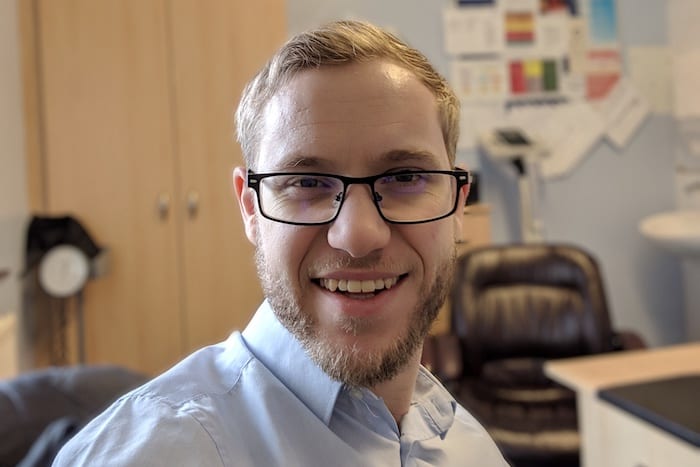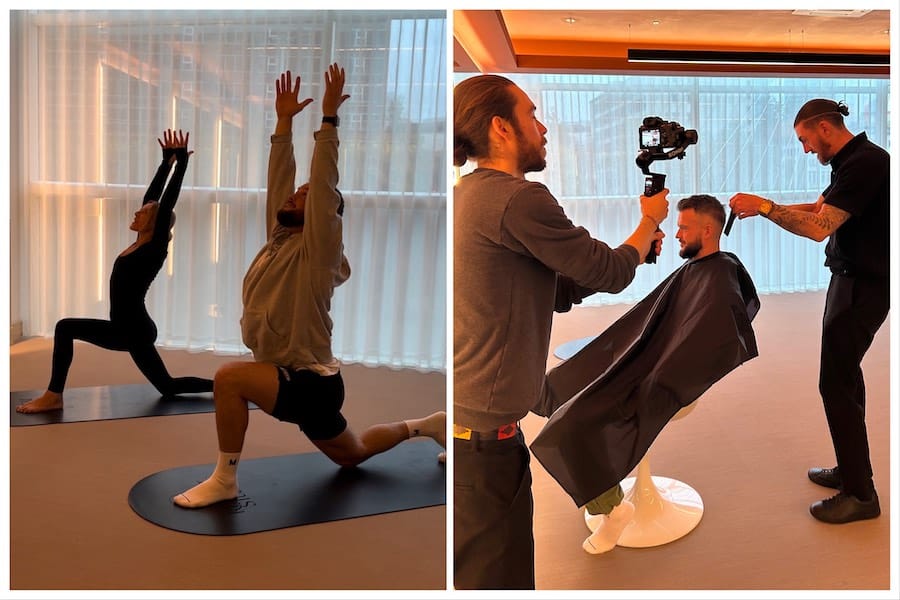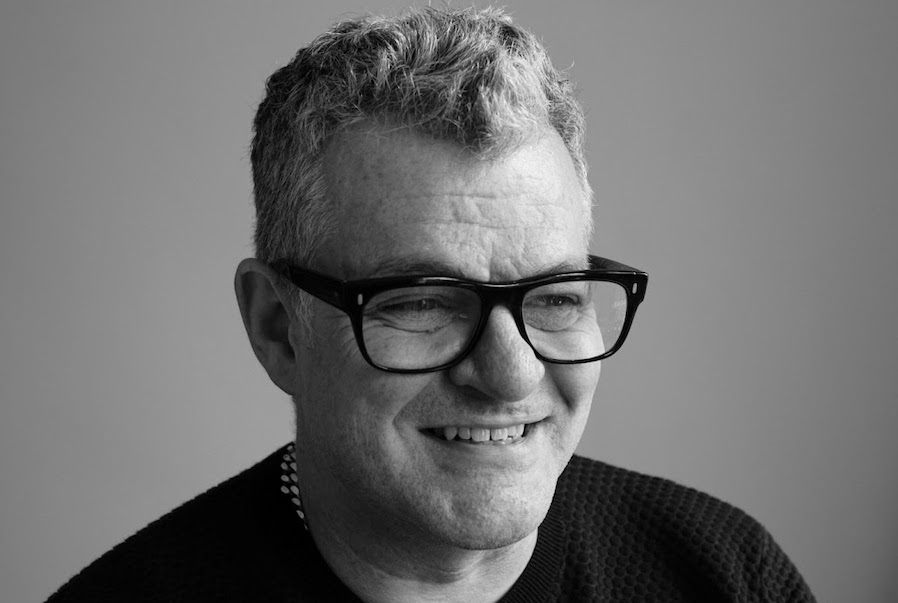A new Manchester placebo clinic is the first of its kind – and the GPs behind it believe these drugs do work
- Written by Susan Griffin
- Last updated 6 years ago
- City of Manchester, Health & Wellbeing, People

As a nation, we love popping painkillers. Nearly five billion over-the-counter capsules are purchased each year, and it’s believed the NHS spends in the region of £400million on them.
But painkillers don’t always provide relief, and can also cause unnecessary and unpleasant side-effects, withdrawal symptoms and addiction.
In response, a small team of GPs in Manchester has launched The Placebo Clinic. Believed to be the first of its kind, patients can be prescribed a placebo, a treatment which doesn’t have any actual medication in it, to ease symptoms of long-term chronic conditions such as irritable bowel syndrome, anxiety, migraine, and insomnia.
The idea might sound woo-woo, but there have been studies on the positive effect of placebos for over 60 years – although scientists still don’t fully understand how and why it works.

“There was always this idea ‘you have pain, here’s the painkiller’, but the more we find out about pain the more we realise it’s multi-faceted, the way you feel, how much sleep you‘ve had, all the little things make a difference,” says The Placebo Clinic’s medical director Dr Paul Jepson, who also works as a GP.
“We’re using far too many medications in this country and causing a lot of problems from the side-effects of that. Anything we can do to try and reduce the overall amount of medication people are taking is a positive thing.”
The idea for the clinic came about from the “frustration with standard medical treatment” he and his fellow GPs experience on a day-to-day basis.
“So many times, I give my patients painkillers, anti-depressants, different treatments and they will come back after a few weeks and nothing’s different. You can end up getting in a cycle of giving a medicine for a few weeks, and then you’ll try something else, then try something else and it can get frustrating for me and the patient,” says Dr Jepson.
He and the team wanted to find a way to improve the quality of care their patients received while minimising the risks, and the idea of The Placebo Clinic emerged towards the end of last year.
Where it was once thought that people couldn’t know they were taking a placebo in order for it to have an effect, a study conducted by Harvard Medical School in 2010 showed this wasn’t the case, and last year, Dr Michael Mosley fronted a BBC documentary on the subject in relation to backache.
“I thought what if we try and explicitly use the placebo effect rather than just in the context of a study,” says Dr Jepson.
At The Placebo Clinic, patients are given a consultation via a video call, which lasts anything from 10 minutes to an hour depending on the individual’s needs, and is priced from £30.
“People love that you can see a GP in your own home whenever you need to and a video, to a large extent, recreates that connection you get when you see your GP, you can interact, you have that eye contact,” says Dr Jepson.
“We talk through the problem and then decide the appropriate strategy. Either people are made aware that what they’re taking is a placebo, which is the open placebo technique, or we write the prescription and then allocate whether they receive the prescription or placebo. They don’t know what they’re going to get.”
Either way, the patient receives two weeks’ worth of treatment, which arrives in a dossette box in the post, as part of the initial consultation price. A subsequent fee is charged for repeat prescriptions once their progress has been reviewed and the best course of action moving forward has been discussed.
“We’re not claiming to cure people of their problems and we explain that. This is not a cure, it’s something very different. The key is explaining how the effect works and having that regular contact,” says Jepson.
“The conclusion from Harvard is that a lot of the placebo effect is to do with the doctor-patient relationship and how trusting and honest you are with patients. That’s the thing that makes the difference.
“So, it might not be the pill they’re taking, it’s speaking to a doctor, having your concerns listened to and understood and then being given an option you haven’t been given before.”
To the cynics out there, Jepson advises basing “your opinion on scientific evidence” and keeping an open mind.
“If it could work for you and ease your symptoms, then why not give it a go?” he says.
“Every major drug that’s come out has been tested against a placebo and when you look at those studies, in every case the people taking the placebo do get a bit better.
“Not in every case and not always better than the medication prescribed but there’s always an effect, even if it’s a small effect, so we know it works.”
To book a consultation, go to theplacebo.clinic, email [email protected] or call 0161 706 0222.
- This article was last updated 6 years ago.
- It was first published on 10 April 2019 and is subject to be updated from time to time. Please refresh or return to see the latest version.
Did we miss something? Let us know: [email protected]
Want to be the first to receive all the latest news stories, what’s on and events from the heart of Manchester? Sign up here.
Manchester is a successful city, but many people suffer. I Love Manchester helps raise awareness and funds to help improve the lives and prospects of people across Greater Manchester – and we can’t do it without your help. So please support us with what you can so we can continue to spread the love. Thank you in advance!
An email you’ll love. Subscribe to our newsletter to get the latest news stories delivered direct to your inbox.
Got a story worth sharing?
What’s the story? We are all ears when it comes to positive news and inspiring stories. You can send story ideas to [email protected]
While we can’t guarantee to publish everything, we will always consider any enquiry or idea that promotes:
- Independent new openings
- Human interest
- Not-for-profit organisations
- Community Interest Companies (CiCs) and projects
- Charities and charitable initiatives
- Affordability and offers saving people over 20%
For anything else, don’t hesitate to get in touch with us about advertorials (from £350+VAT) and advertising opportunities: [email protected]

Meet the artist on a mission to change the way we see neurodivergence

Greater Manchester shows the world what true community looks like after disastrous floods

New year clean-up brings neighbours together to remove 500kg of rubbish from our streets

Best bars and pubs to watch the football and live sport in Manchester

The very special toy shop where parents don’t pay a penny is open – and busier than ever















